ARCHIVE: This material is no longer maintained and should be viewed for reference only
CCE Initiatives 2007-2014
Past Projects, 2007-2014
 |
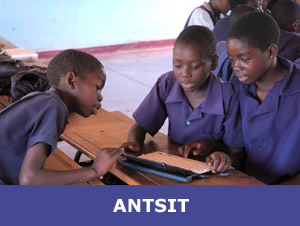 |
 |
 |
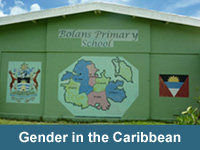 |
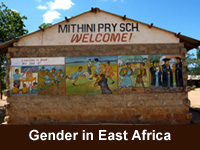 |
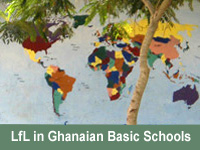 |
 |
 |
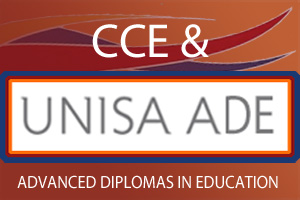 |
 |
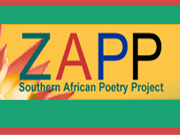 |
The Centre developed collaborative partnerships in the areas of school leadership, effective pedagogies and initial and continuing teacher education, aiming to explore synergies across these key themes. Within these themes, a number of programmes focused on specific aspects of individual and social learning, on the social and cultural conditions which supported or constrained change, and the implicit role of leadership in that process. For more details about individual initiatives see the links below:
- ANTSIT (Appropriate New Technologies to Support Interactive Teaching in Zambian schools
- ASKAIDS (African Sexual Knowledges and HIV/AIDS)
- Building Headteachers' Leadership Capacity for Enhancing Quality Teaching and Learning in Ghanaian Basic schools
- Caribbean Poetry Project
- Creativities in Intercultural Arts Network (CIAN)
- Gender and Education in the Caribbean
- Gender and Education in Eastern Africa
- ICT in East African schools and teacher education
- OER4Schools (Introducing digital Open Educational Resources into Zambian primary schools through school-based professional development
- Pedagogy and Leadership (PAL) Project in a Tanzanian School: A Whole School Perspective
- Youth on the Urban Fringe (YOTUF)
- UNISA ADE Project
- ZAPP (Southern African Poetry Project)
Past Conferences
- BIBAC 2014
- Caribbean Poetry 2012
- CEID 2011
- Mauritius 2010
- Project briefings and reports
Vision and Values
The overarching principle of CCE was to build sustainable partnerships which set out to: 1) understand and increase young people's and teachers' participation in their own learning; and 2) explore how that learning extends beyond schooling, how it connects with prior learning, and with other arenas of learning in informal as well as formal contexts.
The work of the Centre sought to improve the quality of children's lives, to enrich the quality of learning and teaching, and to improve the well-being of children and youth within and beyond school. In a climate of widening participation, the Centre engaged with individuals and groups, and with voluntary and statutory agencies, to widen opportunity, underpinned by common principles of equity and social justice.
The work of the CCE was premised on listening to students, teachers, school leaders, local and national policy makers and related agencies so as to develop intervention strategies sensitive to local needs and to broader cultural issues and be able to offer constructive challenge in a spirit of collaborative inquiry. Research was thus integral and formative, serving to build capacity of schools and agencies engaged with CCE in this work.
The work of the Centre was based on a commitment to:
- working with national policy-makers, school leaders and academics to impact directly upon policy and practice in classrooms, schools, networks and policy contexts, so as to enhance the capacity for learning within the countries of the Commonwealth;
- identifying centres of best practice in primary and secondary education in Commonwealth countries, distilling the essence of that practice and deriving key principles that could 'travel' across geographical and cultural boundaries;
- collaborating within and across countries to test and apply principles of practice so as to share a stronger theoretical grounding of what constitutes 'good' practice;
- working in collaboration with groups and communities in the informal educational sector, drawing on their experience to develop initiatives and strategies designed to improve the quality of education for vulnerable youth and marginalised groups;
- developing policy and practice informed by research, context-specific and adapted to locally-based needs.
